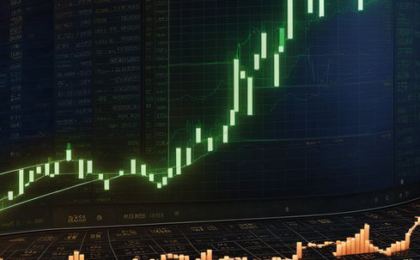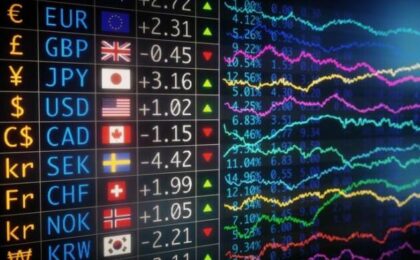Forex trading psychology – Hope, Fear and Greed in trading
Psychology and forex trading may appear at first sight as two very nonrelated concepts. On the other hand, though psychology encompasses a lot of areas in our daily lives. Therefore, traders should become aware of and if possible, to be trained in how to handle it with success.
Trading is a game of emotions. Hope, greed and fear are the three (3) prevalent and powerful emotions that often influence and have heavy impact to traders in the forex markets. Let’s break down each one of them:
Hope
Hope is both an optimistic and a dangerous feeling while the market will turn out in a trader’s favor. It arises when a trader believes a certain position will result in profits, even when the market conditions may suggest otherwise. Hope can blind traders to risks and give a false sense of confidence.
Hope often leads to adding to losing positions, digging deeper into financial holes. Traders may hold losing positions, hoping that the market will eventually turn in their favor. This can lead to significant losses, as they are essentially ignoring all the alerts and risk management conditions which should be placed in advance.
Greed
Greed is like adrenaline. It’s a very intense desire for more and more profits. This can lead to wrong choices and poor judgement for trading decisions and cause significant losses. Bearing in mind to win more and more trades, the risk level is increasing exponentially. Adding more trades, increasing leverage, or trading more aggressively hoping for high returns has the opposite outcome. Without proper analysis and setting realistic goals for taking profit can expose any high-risk trader to great risks and very soon expectations will meet with reality blowing an account’s balance.
Fear
Fear is tightly connected with nervousness and the general control of a trading process. At the same time, fear can be derived when traders worry about potential losses or uncertainty in the market environment. It may cause traders to close profitable trades earlier than expected and before hitting their goals. It can also lead to overcautious trading, which may prevent traders from achieving their full potential and best possible outcomes in the forex market.
Having stated the above, it is time to acknowledge some basic principles on how to control your emotions and your general psychology while trading forex. Managing these emotions is crucial in trading forex successfully.
- Set and follow a specific trading plan. Having a trading plan is always a wise way to reach your personal goals. Having predetermined Take Profit and Stop Loss levels can assist a trader once an asset’s price reaches specific levels. Of course, there is no trading plan which can guarantee 100% trading success, but small alterations can be made by monitoring the constantly changing Market conditions.
- Spotting Market opportunities. The golden rule is not to trade all the time, but to find and trade upon the right Market conditions. The forex Market is very volatile and has a plethora of trading assets. Staying away from trading when the Market conditions are not ideal equals winning trades, since a trader can avoid losses by trading on an uncertain Market. Avoid overtrading at any cost. Overtrading is the beginning of a trader’s downfall.
- Every trading strategy should be first tested to real trading conditions, as much as this is possible. Back testing is also a prudent practice. In combination with realistic goals, prudent Risk Management can be the key to reaching the desired goal. A trader should be aware of the correct specification of a trading account and arrange lot size, leverage and other settings accordingly.
- Maintaining a trading journal is an effective way to hold yourself accountable and make informed decisions. Record all your transactions, analyze winners and losers, and assess whether they resulted from your strategy or luck. Remember, there is no substitute for adhering to a proven system in the long run.
- A trader should never forget that he/she is the only one responsible for the trading decisions taken. You should hold only yourself accountable and not blaming others but be better prepared for the next trading journey.
Emotional discipline is quite difficult to maintain. Traders should understand that losses are also a part of the trading game. Accepting losses up to a certain level and not letting them cloud your judgement or deviate from the trading plan is an important lesson to be learnt.
Mastering your emotions is not an easy task and needs a lot of practice. Patience and confidence will become greater as the time goes by, and then they will be transformed into experience. And experience is something you cannot teach.



